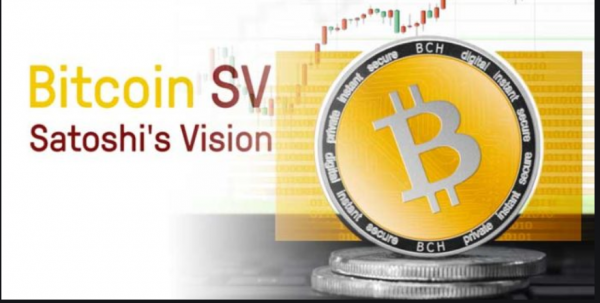The Bitcoin White Paper: Proof of Work and Network
In a series of YouTube videos, Dr Craig S. Wright and Ryan X. Charles discuss the Bitcoin white paper line by line. Their discussions both clarify the original purpose and intent of Bitcoin as well as inspire additional thoughts about and future uses of it. Having the creator of Bitcoin explain it in his own words certainly clarifies some of the areas that have been misunderstood by many for a very long time.
This particular discussion deals with proof of work and how it works within the network. Proof of work was previously thought it had to be published in a newspaper or posted to Usenet to show you had completed the work.
In Bitcoin, the system uses a modified form of Hashcash. It differs from the original form of Hashcash in one primary way. Bitcoin does not require each individual user to complete a number of hash puzzles to prove the work. It uses a number of nodes to complete the work and forms a consensus.
By publishing the proof of work publicly, everyone knows when each transaction occurred. If someone introduces an alternate, you can compare the two chronologically and disregard the latter. Unfortunately, you would still go through the added expense of researching them.
Another part of the conversation between Wright and Charles concerns CPU power and its relationship. Knowing that within the system that one CPU is equal to one vote, if the majority of them are honest and doing honest work, then that chain will grow faster than any chains competing against them. The more honest the votes participating in the chain, the more cost effective it becomes.
We not only know there is a huge cost to be a dishonest node, we also know that you cannot hide your dishonesty. Through proof of work, which is a deanonymization process, a dishonest node can be pinpointed to exactly who and where it is located.
Taking all of this into consideration, it would be irrational for an economic criminal to attempt to become dishonest in Bitcoin mining. It is far more profitable to be an honest node as opposed to a dishonest one.
In an upcoming article, we will look at how incentives to nodes make it more profitable to be honest rather than dishonest. That, combined with the probability of an attacker catching up with and overtaking honest nodes diminishes exponentially over time. We know this because the block they attack has to be rewritten and all subsequent blocks would require the same rewrite. The honest nodes would simply outpace the dishonest ones.














